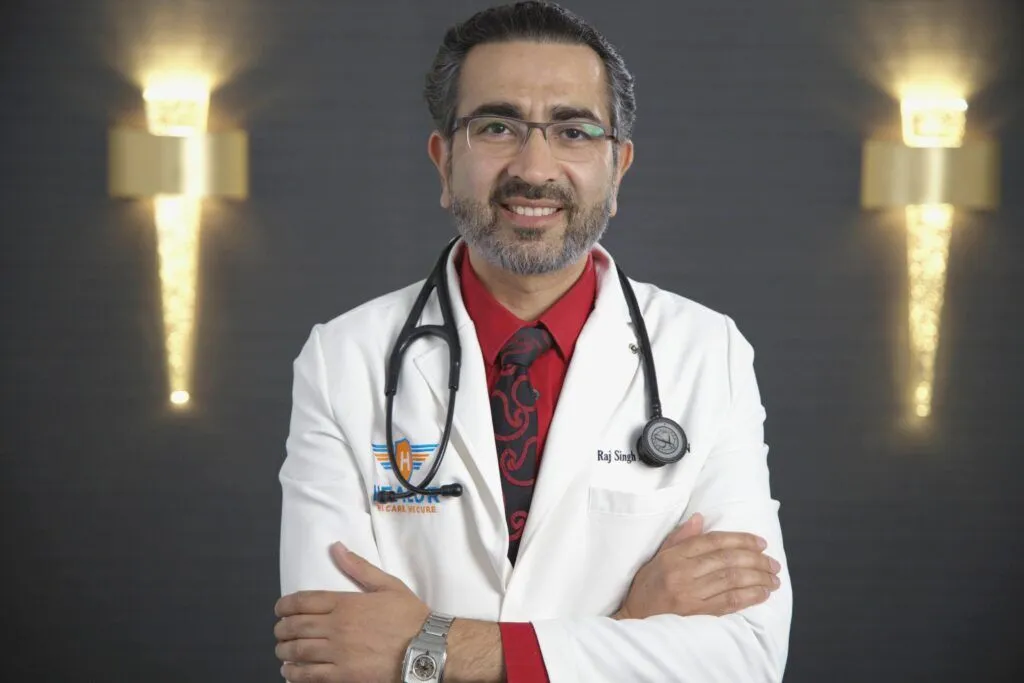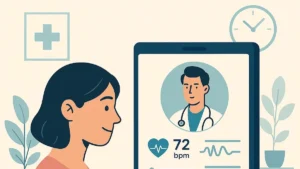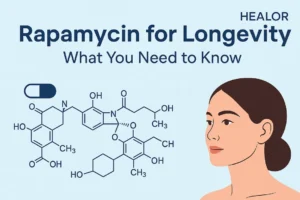
Ultimately, nearly all sexually active people in Las Vegas, NV, will get human papillomavirus (HPV) at some time in their life without the HPV vaccine. HPV is a group of more than 200 viruses that can infect the skin or mucous membranes. HPV infections typically are asymptomatic and resolve on their own; however, unresolved infections caused by certain subtypes can result in genital warts, recurrent respiratory papillomatosis, and even cancer. At HEALOR™ , double board-certified physician Dr. Raj Singh can help his patients to prevent HPV in women and men with the HPV vaccine.
Understanding HPV transmission
Knowing how HPV is spread is important. You can get HPV by having sex with someone who has HPV. This disease is spread easily during anal, oral, or vaginal sex as well as other close skin-to-skin touching during sex.
About HPV symptoms
Dr. Singh can explain the most common signs of HPV to his patients in Las Vegas, NV.
Most men who get HPV don’t ever develop symptoms. For women, HPV can be detected with a Pap test, which looks for abnormal cells in your cervix. While a PAP doesn’t test for cancer or HPV, it can notice these changes that most likely are caused by HPV. Schedule an appointment with Dr. Singh if you’re experiencing anything new and unusual, including lumps, sores, or warts.
HPV treatment
Many patients wonder how long it takes for HPV to go away. Ultimately, most infections go away on their own. Where there is no cure for the virus, there are treatment options available for the issues that HPV may cause patients at HEALOR™.
For our female patients, you may need additional tests or treatment, including:
1. Colposcopy: This procedure looks at the cervix to find precancerous cells.
2. Cryotherapy: This freezes and removes precancerous cervical cancer cells.
3. Loop electrosurgical excision procedure (LEEP): This removes precancerous cells from the cervix with electrical currents.
Can HPV cause cancer?
Yes. HPV itself isn’t cancer, but it can cause changes in your body that lead to cancer. Some of the most common cancers caused by HPV include; cervical cancer, penile cancer, oropharyngeal, and anal cancer. Your cancer will develop very slowly and may not be diagnosed for years. While there is no way to know who will have only a temporary HPV infection, it’s important to seek medical attention from a professional, such as Dr. Singh at HEALOR™. He proudly treats the LGBTQ community and offers STI/STD testing at his Las Vegas, NV office.
How can I lower my chance of getting HPV?
Two ways that you can lower your chances of getting HPV and HPV-related diseases are getting vaccinated and using condoms. The HPV vaccine protects men and women from STI. Condoms reduce your chance of getting STIs, including HPV. However, HPV can infect areas that aren’t covered with a condom, so it isn’t a foolproof way to prevent getting HPV.
Learn more about HPV and your sexual health
While there is no cure for HPV, there are plenty of things you can do to stay healthy. Regular exams with Dr. Raj Singh at HEALOR™ help you to manage your sexual health best. He works directly with the LGBTQ community throughout Las Vegas, NV, and offers HPV vaccines, STI/STD testing, and HIV testing too. To schedule an appointment to learn more about preventing HPV, call our professional team today.








